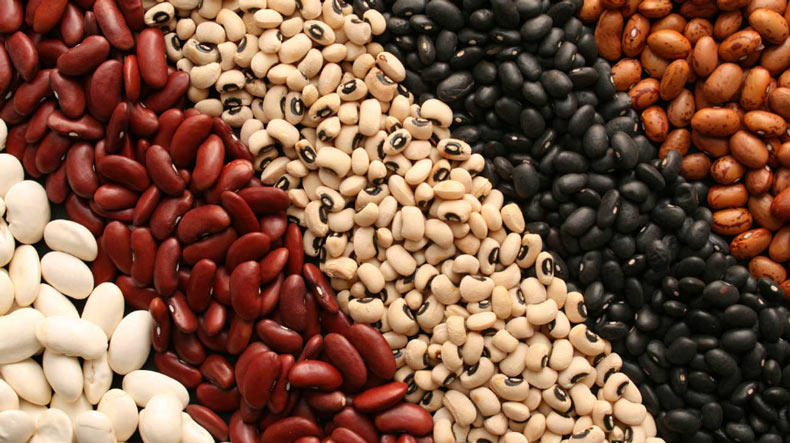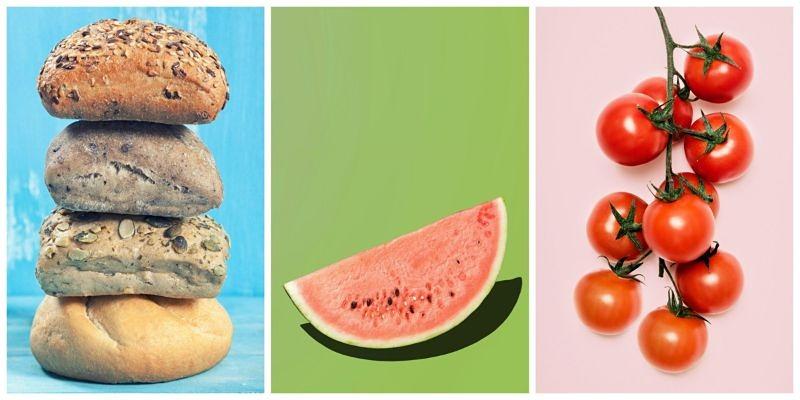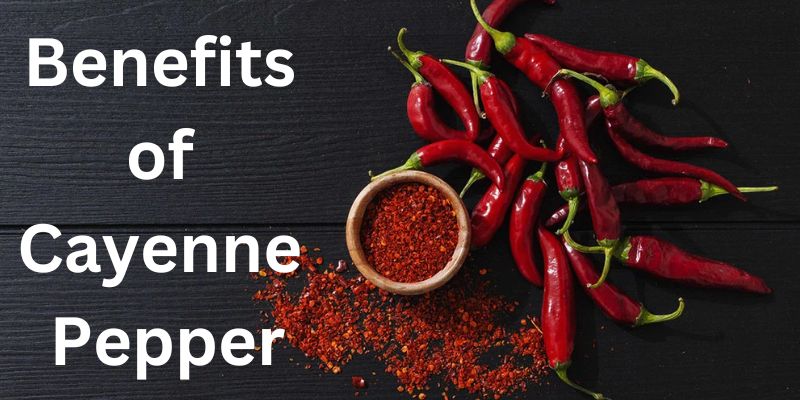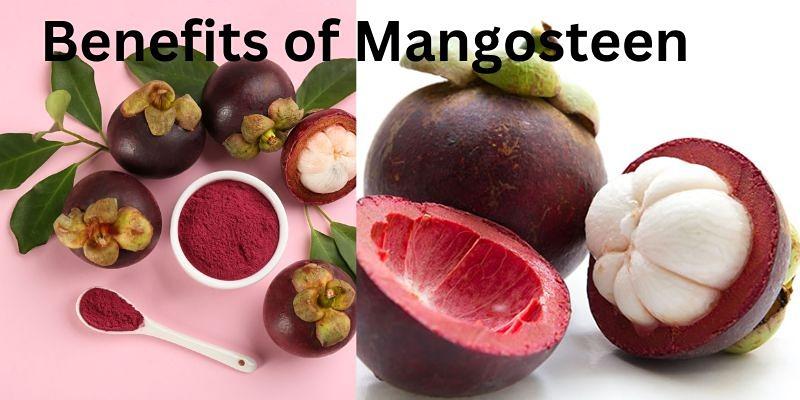Do you ever feel overly full and bloated after a meal? Various reasons can cause bloating, but one cause, in particular, is certain foods. The good news is that certain remedies can help alleviate bloating and improve your digestive health.
In this blog post, we will discuss the top foods that commonly cause bloat, so read on to learn how to avoid uncomfortable bloating and start feeling better today!
What causes stomach bloating?

Stomach bloating is common when food, liquids, and gas builds up in your digestive system. Many foods may be the culprits behind your bloated stomach, including:
- Beans and lentils
- Dairy products
- Carbonated beverages
- Whole grains
- Broccoli, Brussels sprouts, and other cruciferous vegetables
- Onions, garlic, and leeks
- Fruits with high amounts of fructose
- Artificial sweeteners
These foods can cause bloating by releasing gas in the digestive tract. Eating large quantities of these foods at once can also lead to bloating. Additionally, some people may be intolerant or sensitive to certain foods that cause bloating.
13 Foods That Cause Bloating (and What to Eat Instead)

1. Beans
Beans are high in fiber, which can cause bloating for some people. To reduce the effects of beans on your digestive system, try soaking them in water for several hours before cooking or eating smaller portions. Additionally, you may want to add herbs such as oregano and coriander to your beans, as these can help reduce bloating.
2. Lentils
Similar to beans, lentils are high in fiber and can cause bloating. To reduce the effects of lent on your digestive system, try soaking them in water for several before cooking to help break down some of the fibers. If you find that this does not help, then smaller portions may be better for you.
3. Carbonated Drinks
Carbonated drinks as soda and sparkling water contain carbon dioxide gas, which can cause bloating. If these drinks make you bloated, try avoiding them or drinking smaller amounts. Additionally, adding a slice of lemon or lime to your drink may help reduce the effects of the gas.
4. Wheat
Wheat contains gluten, which can cause bloating in some people. If this is the case for you, try switching to gluten-free grains such as quinoa, buckwheat, or millet. You may also want to try soaking your wheat before cooking it to help reduce the effects of gluten on your digestive system.
5. Broccoli
Broccoli contains a compound called raffinose, which can cause bloating in some people. To reduce the effects of raffinose on your digestive system, try steaming or boiling the broccoli before eating it. Additionally, adding herbs such as oregano and coriander may help reduce the gas produced.
6. Onions
Onions contain sulfur-containing compounds such as allicin, which can cause bloating in some people. To reduce the effects of onions on your digestive system, try slicing them very thin or chopping them finely before cooking. Additionally, herbs such as oregano and coriander may help reduce bloating caused by onions.
7. Barley
Barley contains a type of fiber called fructans, which can cause bloating in some people. To reduce the effects of these fibers on your digestive system, try soaking barley before cooking it to help break down some of the fibers. Also, herbs such as oregano and coriander may help reduce the gas produced.
8. Rye
Rye contains a type of fiber called arabinoxylans, which can cause bloating in some people. To reduce the effects of these fibers on your digestive system, try soaking rye before cooking it to help break down some of the fibers. Also, herbs such as oregano and coriander may help reduce the gas produced.
9. Dairy
Dairy products such as milk, cheese, and yogurt contain lactose, which can cause bloating in some people. If this is the case for you, try switching to dairy-free alternatives such as almond or coconut milk. Additionally, adding herbs such as oregano and coriander may help reduce the effects of lactose on your digestive system.
10. Apples
Apples contain a type of sugar called fructose, which can cause bloating in some people. To reduce the effects of fructose on your digestive system, try eating smaller portions or adding herbs such as oregano and coriander to your apples.
11. Alcohols
Alcoholic beverages can cause bloating due to their carbon dioxide content and high sugar content. If these drinks make you bloated, try avoiding them or drinking smaller amounts. Additionally, adding a slice of lemon or lime to your drink may help reduce the effects of the gas.
12. Processed Foods
Processed foods often contain additives, preservatives, and high amounts of sugar, which can all lead to bloating. To reduce these effects on your digestive system, avoid processed foods and opt for more whole-food options. Additionally, adding herbs such as oregano and coriander may help reduce the gas produced.
Taking these steps to avoid foods that cause bloating can help you keep your digestive system healthy and functioning properly. If these measures do not help, speaking with a doctor or nutritionist may be best for more personalized advice.
FAQs
What are the worst foods for bloating?
Common foods that cause bloating include processed and fried foods, dairy products such as cheese and milk, legumes like beans, lentils, and peas, cruciferous vegetables such as cauliflower and broccoli, carbonated drinks, and artificial sweeteners. Eating large portions can also contribute to bloating.
What can I do to reduce bloating?
Eliminating trigger foods from your diet is a good start in reducing bloating symptoms. Additionally, taking digestive enzymes or probiotics helps with digestion and reduces bloating. Eating smaller meals more often, avoiding overeating or eating quickly, and drinking plenty of water are also helpful in reducing bloating. Exercise and stretching can also help ease symptoms. If these methods do not improve your bloating, consult your doctor for a proper diagnosis and treatment plan.
What is the most common food to cause bloating?
Dairy products are the most common cause of bloating. This is because they contain lactose, a sugar that can be difficult to digest. If you are sensitive to dairy, consuming it can lead to an increase in gas and bloating. Other commonly problematic foods include cruciferous vegetables, legumes, processed foods, and artificial sweeteners.
Conclusion
In Conclusion, understanding the foods that can cause bloating is important in managing your diet and digestive health. Common culprits include carbonated beverages, beans, legumes, cruciferous vegetables like cabbage and broccoli, dairy products, fatty or fried foods, and fruits like apples and pears.
Avoiding or eating these items in moderation can help you reduce bloating and improve digestion. Additionally, ensuring you stay hydrated and get adequate rest can further contribute to digestive health and reduce the risk of experiencing an uncomfortable stomach.




